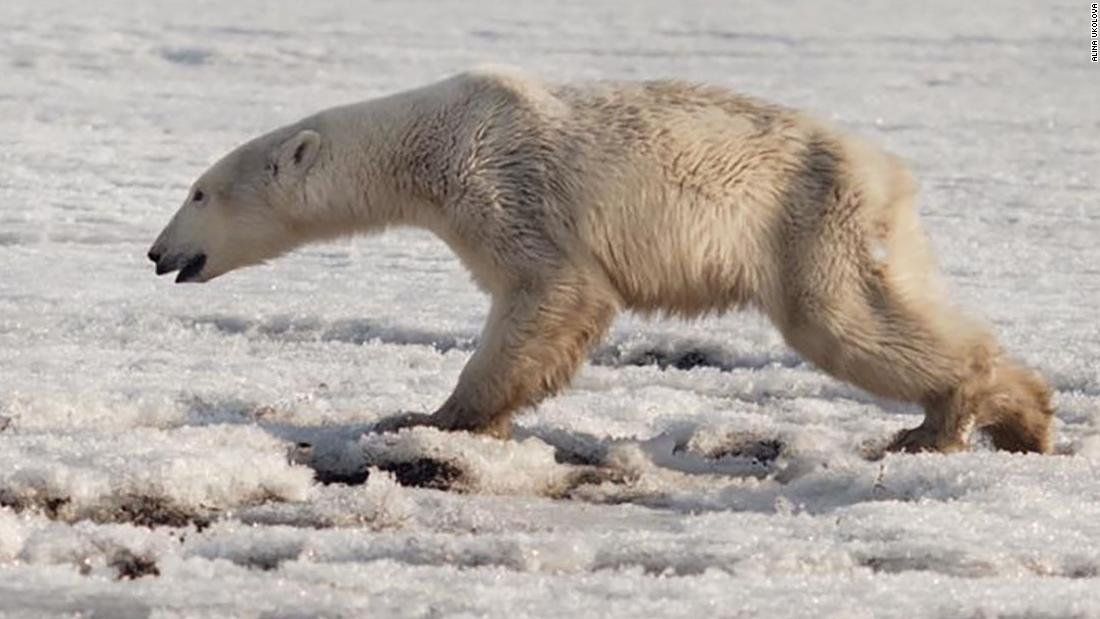UN says the world has 10 years to prevent mass extinctions

A few minutes every morning is all you need.
Stay up to date on the world's Headlines and Human Stories. It's fun, it's factual, it's fluff-free.
According to the United Nations (UN), humans have only ten years to prevent massive biodiversity loss across the globe. As the effects of climate change become more severe and the Earth’s climate gets warmer, many species are struggling to survive, prompting scientists to warn against the possibility that many of them might die off.
Past attempts to curb losses
In 2017, researchers published an article in the peer-reviewed Proceedings of the National Academy of Sciences (PNAS) of the United States of America, which laid out data indicating that the world is in the midst of a massive animal and plant extinction phase.
The researchers characterized the losses as a “biological annihilation” that represents a “frightening assault on the foundations of human civilization.” Human overcrowding and overconsumption were blamed for the crisis.
As humans take over an increasingly large portion of the Earth’s surface area, coupled with the effects of pollution and waste buildup, animals are finding it hard to find suitable places to inhabit.
This is important for human beings, experts say, because so many of the basic necessities of human life, such as clean air, water and food systems, are dependent on the health of the Earth’s natural ecosystem.
In 2010, a summit in Japan laid out goals to reduce biodiversity loss by 2020. Many of those goals, however, were not met.
What now?
As a part of a report on the progress of the UN’s Sustainable Development Goals (SDGs), the organization said reversing the trend “may only be achieved through transformative changes across economic, social, political and technological factors.”
This means that, according to the UN, societies will have to fundamentally change the way they interact with the natural world in order to make a difference. As per the report, some “three-quarters of the land-based environment and about 66% of the marine environment have been significantly altered by human actions.”
There are still many things that humans can do to reverse the course we are on, experts say. Reducing carbon emissions, curbing plastic waste and increasing the amount of protected natural areas are a few examples. Most importantly, they say, is the commitment to halt any further destruction of natural ecosystems.
The framework will be taken up in Kumming, China in October 2020 for finalization and adoption.
Have a tip or story? Get in touch with our reporters at tips@themilsource.com




Comments ()